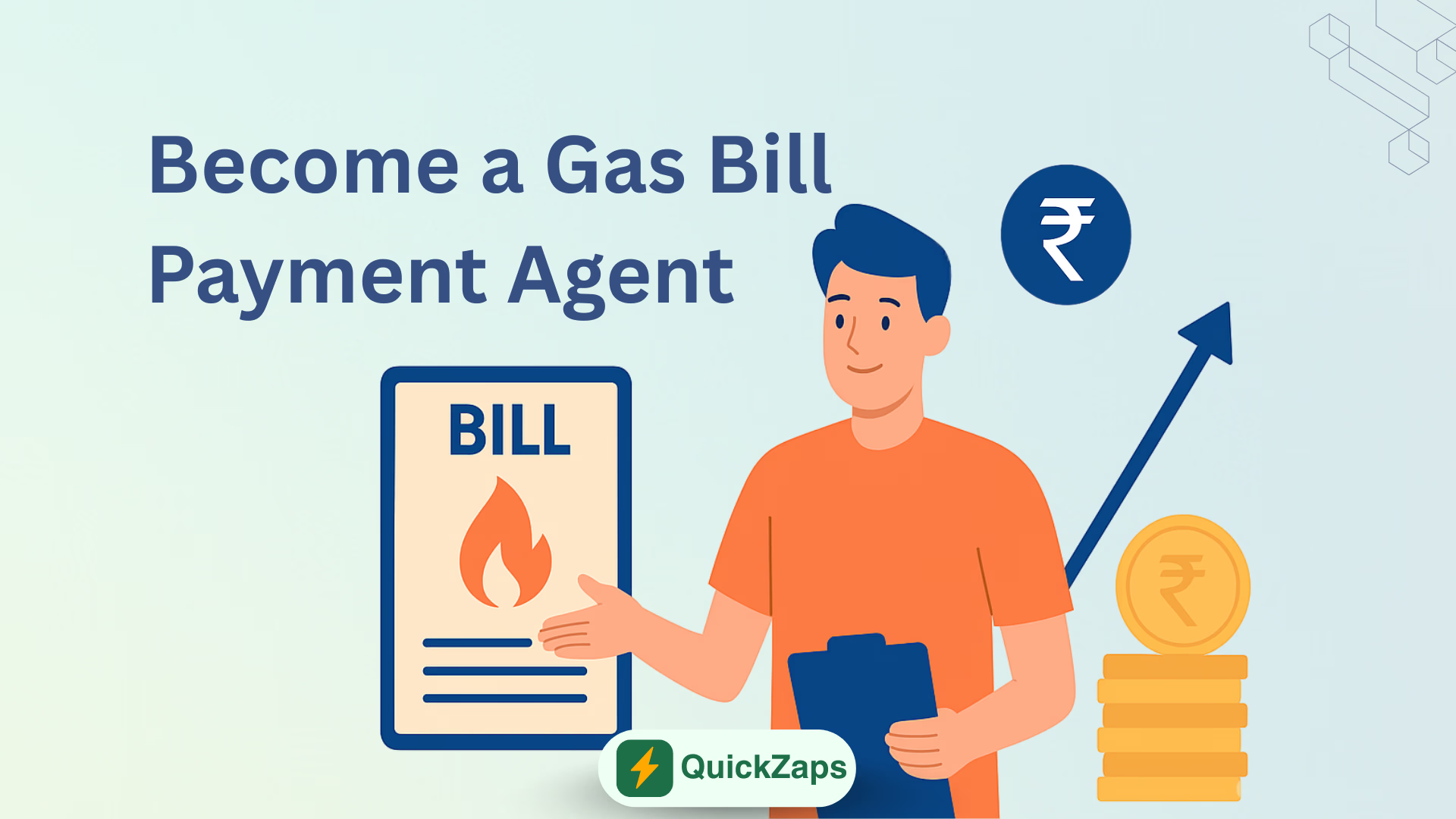The gas billing can be confusing to the business owners, especially in cases where the billing is not clear. Control of the cost of energy and ensuring that your business is not overcharged should be part of understanding your gas bill. Knowing well what each element of your bill involves, may save on your unnecessary costs and control your energy bills.
Understanding the key components of a gas bill
What is a gas bill?
A gas bill refers to a statement given out by your energy supplier, which will show the price of the gas that your business consumes over a specified period. It includes charges of gas used, service fees, taxes, and surcharges. It is important to know every part of your gas bill to know whether you are being charged as you should.
Important things to know about gas billing
There are certain important things you must know when you are looking at your gas bill. These are the primary considerations to be made:
- Usage charges: This is the amount of the gas used in cost of the billing period. It is commonly in megajoules (MJ) or gigajoules (GJ), depending on what type of meters you have. Monitor this section and make sure that the meter is what your actual consumption
- Supply charges: This is a charge that is paid to have access to the gas network regardless of how much gas it consumes. This fee is usually routine on a monthly basis.
- Additional fees: Other charges may be provided by some of the suppliers, like paper billing, late payments, and premium services. These are other costs to watch out for.
- Taxes and surcharges: This is a fee charged by the government, and it could be charged against your bill. This could be limited to the location and the gas company you belong to.
How to read your gas bill
When you know what to check, it is not that difficult to read your gas bill, the simple steps to follow to make your bill comprehensible are:
- Check your meter reading: Ensure that your meter reading matches the meter reading given on the bill. Should there arise an anomaly, contact your supplier.
- Identify usage periods: Your bill should have the dates that the gas billing period began and ended. Ensure that the time is the number of days that you have used gas.
- Calculate total usage: Divide the gas utilization of the gas in units (usually in MJ or GJ) by the price your supplier is offering. This will give you an approximate idea of what it is going to cost you to use.
- Understand supply charges: Supply charges are most commonly fixed, although you should always ensure that they are in line with what the provisions of your contract provide
- Check for discounts: Some also offer discounts for paying on time or paying in some way. Ensure that discounts are made properly.
Why it’s important to understand your gas bill
Your gas bill should be known so as to manage the cost of energy in your business. You may identify all the charges and items of your bill and:
- Avoid overcharges: The inspection of your bill may help to understand that there is a difference between the readings or not that there are some charges that have no explanation.
- Negotiate a better rate: You are able to compare the suppliers when you know about your bill and negotiate a lower rate or alter to a cheaper one.
- Manage consumption: You can control your consumption of gas by knowing how your gas consumption is affecting your bill and taking energy saving measures to reduce your expenses.
- Plan for future expenses: The more you know how your company is spending your gas, how it is billed, the more you can budget your future energy costs.
Finally
Being aware of your gas bill is essential for any business owner who desires to conduct the business in a good way in regard to energy spending. One of the measures of controlling your gas bill is managing your energy costs in business, as it is a proactive move.


